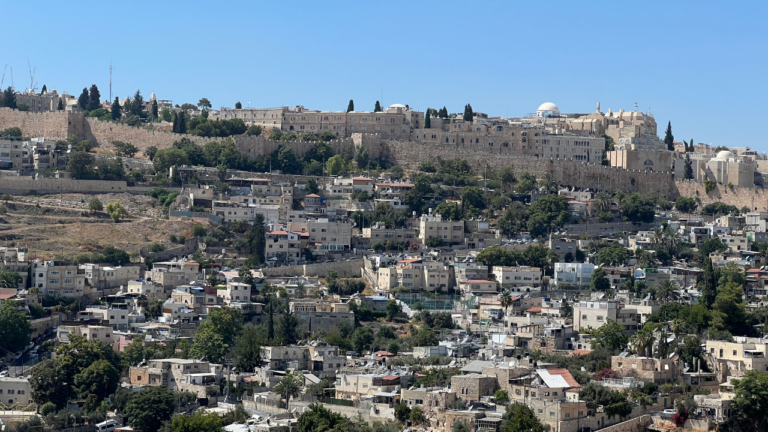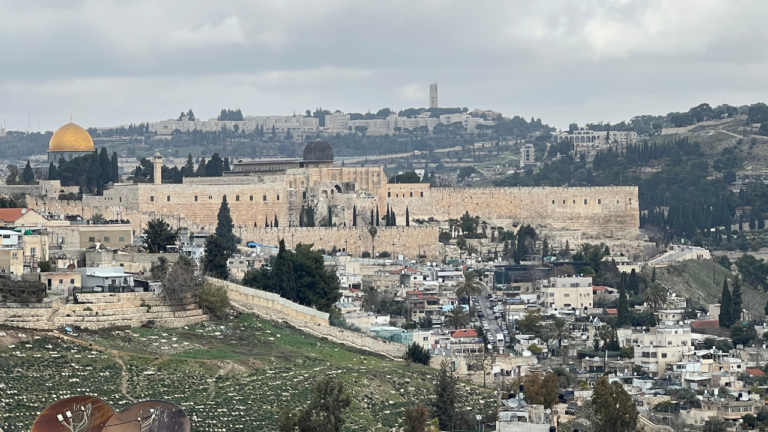A Festival and a Home For God
Two weeks before the Makat Bechorot, God taught the Jewish people the laws of the first Seder night. After detailing where they are supposed to be and what they are supposed to do, the Torah emphasizes that this celebration is to be an annual occurrence for all future generations: “This day shall be to you one of remembrance: you shall celebrate it as a festival to God throughout the ages; you shall celebrate it as an institution for all time.”
The Meshech Chochma explains that the need for this injunction is clear. One might think that only the first generation that experienced servitude and the miracles of the night would need to celebrate their redemption. In response to this claim, at the outset, the Torah emphasizes that this is a binding festival for all generations of Jews.
But what is the logic of this extension? Why should all future Jews need to celebrate Pesach? This question is especially sharpened during times when the Jewish people might have unfortunately found themselves once again in exile and servitude. Why celebrate an ancient redemption if they were back in the same situation?
The Meshech Chochma explains that this is the reason that the Torah describes Pesach as “a festival for God throughout the ages.” If the festival was merely celebrating our physical redemption from slavery, then maybe it power would dissipate after a generation or two. However, the true nature of our celebration of Pesach is that it is a festival for God. We are celebrating and thanking God for the spiritual redemption that occurred in Egypt, and the impact of this redemption is indelibly and eternally stamped upon the Jewish people. The fact that we are God’s people and have an eternal relationship with Him is the true reason for the enduring nature of Pesach.
This idea can be applied to Yerushalayim. We first encounter the holy city in the Torah when we are introduced to Malkitzedek the king of Shalem (Completion). Even prior to the entry of the Jewish people as a nation onto the historical scene, Malkitzedek understood the “completion” and “perfection” of Yerushalayim. However, despite his recognition of Yerushalayim’s uniqueness, his relationship to the city terminates at a certain point in history.
It is Avraham, though, who connects the city to God: “On the mount of God, He will appear.” It was the addition of a reference to God appearing on the mountain to Malkitzdek’s “Shalem” which gives us the name Yerushalayim. At this point, Yerushalayim began to be the eternal home for God on this world.
This is the secret of our enduring connection to Yerushalayim. If it was merely a unique location or our national capital, then perhaps its mystique would fade throughout the long years of exile. In truth, though, the special nature of Yerushalayim stems from it being God’s home. It is the place where we optimally connect to God. And, similar to Pesach, once we experience that connection to God, we are forevermore transformed. Just as Pesach is an eternal “holiday for God,” similarly, Yerushalayim is the eternal “house for God.”



